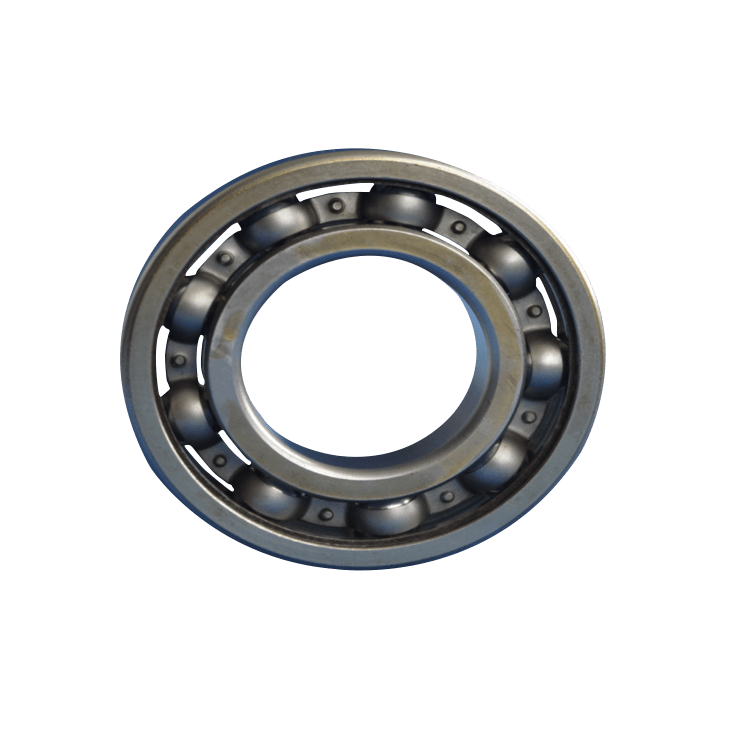Welcome to Tarso, professional special bearing manufacturer
Choosing a Stainless Steel Bearing If you're interested […]
Choosing a Stainless Steel Bearing
If you're interested in a stainless steel bearing, you should know that it has several benefits over other types of bearings. This material has a high corrosion resistance. It is also non-magnetic and low in carbon content, making it ideal for use in applications with low speeds and low loads. Stainless steel bearings undergo a process known as passivation, which results in a passive film that protects the bearing's surface from corrosion. However, this material is more expensive and must be ordered in large quantities.
Stainless steel was a boon to the industrial world when it was first developed. Today, stainless steel bearings are available in a variety of grades, and each has its own advantages. Stainless steel has given tremendous opportunities to the medical and food industries, as well as other sectors. Specific stainless steel grades have also been developed for use in the nuclear industry and in vacuum spaces. Stainless steel is an excellent choice for bearings, and its use has changed the fate of many corroded applications.
Stainless steel offers several advantages, including greater chemical resistance. In applications where chemicals and substances are used, this is an important feature. Additionally, stainless steel is more stable at high temperatures than other metals. This increases the service life of the bearings. This is especially important for applications that require food-grade products. It is also ideal for use in medical devices, food processing plants, and other environments where corrosion is a problem. Therefore, when choosing a stainless steel bearing, make sure that you choose one that is compatible with your industry.
AISI 440C is the most common stainless steel material for bearings. Its hardness and strength make it ideal for a variety of applications, from marine to food. These bearings are available in various sizes, and can be custom made. In addition to being lightweight and corrosion-resistant, these bearings can also be fabricated with special features such as PTFE seals and polymer shields. Moreover, the company excels at manufacturing stainless steel bearings to meet your exact specifications.
316 stainless steel is another choice. Its carbon content makes it resistant to corrosion and is also magnetic, but its load capacity is 20% lower than that of 52100 chrome steel. Furthermore, it's better suited for applications involving corrosive agents, since it is less likely to be damaged when exposed to extreme temperatures. But, if you're not sure about which one to buy, make sure to shop around. And don't forget to check the price before making the purchase.
Stainless steel ball bearings are ideal for high-humidity environments. They are corrosion-resistant and offer a long life in wet environments. Coated stainless steel bearings have a nickel coating on their outer and inner rings. They can stand up to disinfectants, oxonia, and high temperatures. You can even purchase ESZ stainless steel ball bearings if your needs are corrosive. You can even find these bearings in vacuum.

Structure & Size Range Of 316 Stainless Steel Ball Bearing
Rings: 316 Stainless Steel
Rolling Element: 316 Stainless Steel
Cage: 304 Stainless Steel
Size Range: ID3mm or up
Advantage Of 316 Stainless Ball Bearing
1. Corrosion resistance: can be used in marine environment, acid-base environment
2. Non-magnetic
3. Cleanliness
4. Can operate in corrosive liquid